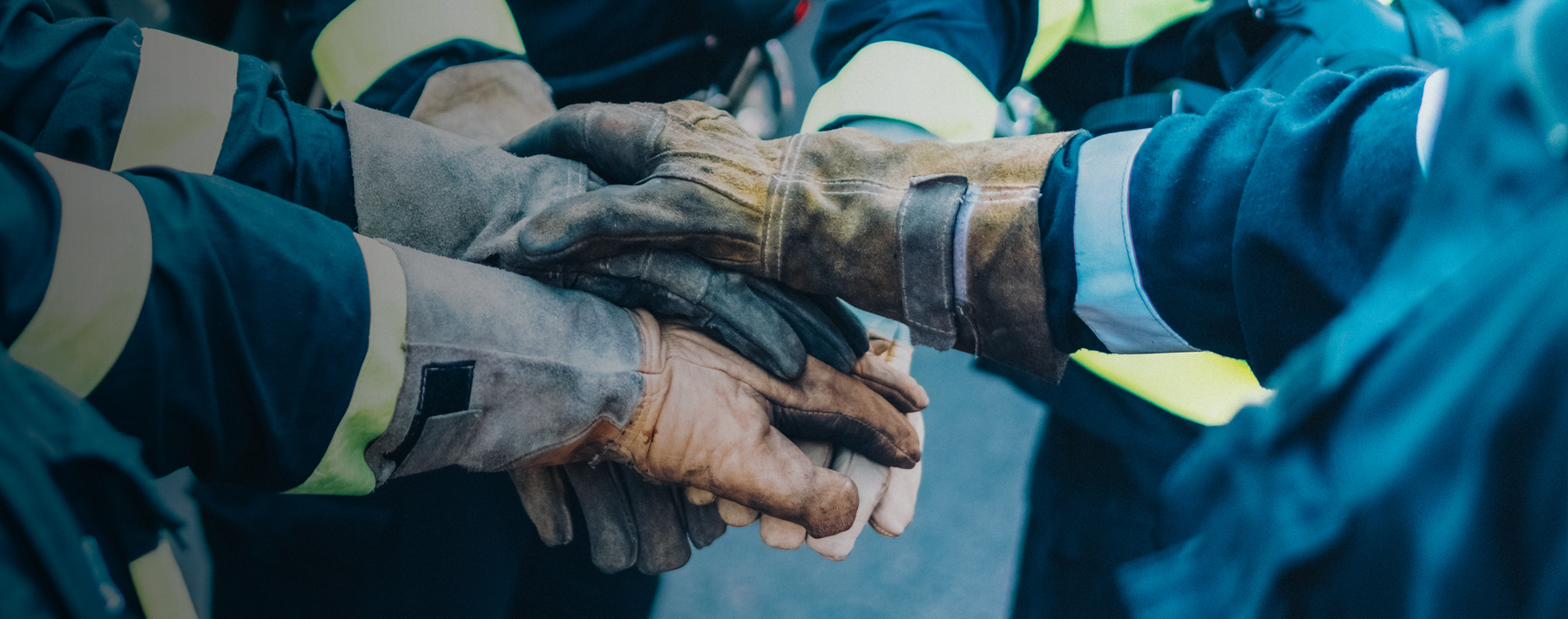As the COVID-19 numbers continue to rise and as the fall flu season approaches, it is imperative for you as a first responder to keep your immune system strong. One of the best ways to strengthen your immunity is to consistently exercise. Here’s why!
Exercise is known to decrease your risks to develop certain types of cancer and heart disease and it can also help combat the effects of stress and improve your mental health. And we all know exercise is essential in helping us as first responders stay mobile and strong.
Research shows that exercise does affect your immune system. It is not necessarily an “immune booster” but an immune system catalyst that stimulates and kickstarts the normal immune processes of the body. Check out this video to learn ways exercise helps immunity:
Here’s a quick recap:
- One of the most apparent benefits of exercise is its ability to promote the flow of lymph through the body. Lymph vessels do not have the power of a pump (i.e., the heart) behind them. Instead, they depend on normal body motion, muscle contraction and manual manipulation such as massage to move the lymph along. Exercise improves blood flow through the cardiovascular system, thereby helping to flush toxins and germs from the body through the excretory system via urine and sweat. Increased blood flow also keeps the antibodies and white blood cells needed to fight infection circulating rapidly as a possible early defense against foreign invaders.
- Physical activity may help flush bacteria out of the lungs and airways through respiration, which may reduce your chance of getting a cold, flu or other illness. Heavier breathing brought about by exercise can help the lungs rid themselves of airborne viruses and bacteria that are associated with respiratory tract infections.
- The brief rise in body temperature during and right after exercise may prevent bacteria from growing. This temperature rise may help the body fight infection better. Although the body temperature increase from exercise is not nearly as dramatic as running a fever (one of the body’s natural reactions against many types of infection), it may still help to kill and/or inhibit the growth of an unwanted aggressor.
- One of the greatest benefits of regular exercise is its ability to help relieve mental and emotional stress, which slows down the release of stress hormones and can decrease inflammation in the body. Exercise helps provide an outlet for nervous energy, takes our mind off our greatest concerns (at least momentarily) and improves our body image.
Exercise is good for you, but you should not overdo it. Heavy, long-term exercise (such as marathon running and intense gym training) could cause harm and decrease your immune function. Studies have shown that people who follow a moderately energetic lifestyle (exercising three to five times a week) benefit the most.
If you have not been working out consistently, make sure you start slow. Aim for at least three sessions a week at 30 minutes per session. Focus on exercises that improve mobility, functional core strength and cardiovascular health.
With stay-at-home orders in place and gyms closed, exercising during the pandemic can be tricky. The key is consistency. Now is the perfect time to get devoted to your fitness. Educate yourself on best practices for first responder fitness. Find activities, events and workouts that will keep you motivated and showing progress.
Stay safe, stay positive and stay healthy!
Questions or comments? Contact me at zamzowfitness@gmail.com or visit https://firerescuefitness.com. #GETFRF



